Final Cut Pro, Logic Pro, Pixelmator Pro, Motion, Compressor, and MainStage — plus new AI features and premium content in Keynote, Pages, and Numbers — come together in a single subscription

Apple® today unveiled Apple Creator Studio, a groundbreaking collection of powerful creative apps designed to put studio-grade power into the hands of everyone, building on the essential role Mac®, iPad®, and iPhone® play in the lives of millions of creators around the world. The apps included with Apple Creator Studio for video editing, music making, creative imaging, and visual productivity give modern creators the features and capabilities they need to experience the joy of editing and tailoring their content while realizing their artistic vision. Exciting new intelligent features and premium content build on familiar experiences of Final Cut Pro®, Logic Pro®, Pixelmator Pro, Keynote®, Pages®, Numbers®, and later Freeform® to make Apple Creator Studio an exciting subscription suite to empower creators of all disciplines while protecting their privacy.
Final Cut Pro introduces exceptional new video editing tools and intelligent features for Mac and iPad to improve the efficiency of even the most complex workflows. 1 For the first time, Pixelmator Pro is coming to iPad with a uniquely crafted experience that is optimized for touch and Apple Pencil®. 2 Music creation with Logic Pro for Mac and iPad introduces even more intelligent features like Synth Player and Chord ID to inspire anyone to write, produce, and mix a range of popular music. 3 And with Keynote, Pages, Numbers, and Freeform, Apple Creator Studio subscribers can be more expressive and productive with new premium content and intelligent features across Mac, iPad, and iPhone. 4
Apple Creator Studio will be available on the App Store® beginning Wednesday, January 28, for $12.99 per month or $129 per year, with a one-month free trial, and includes access to Final Cut Pro, Logic Pro, and Pixelmator Pro on Mac and iPad; Motion®, Compressor, and MainStage® on Mac; and intelligent features and premium content for Keynote, Pages, Numbers, and later Freeform for iPhone, iPad, and Mac. College students and educators can subscribe for $2.99 per month or $29.99 per year. Alternatively, users can also choose to purchase the Mac versions of Final Cut Pro, Pixelmator Pro, Logic Pro, Motion, Compressor, and MainStage individually as a one-time purchase on the Mac App Store. 5
‘Apple Creator Studio is a great value that enables creators of all types to pursue their craft and grow their skills by providing easy access to the most powerful and intuitive tools for video editing, music making, creative imaging, and visual productivity — all leveled up with advanced intelligent tools to augment and accelerate workflows,’ said Eddy Cue, Apple’s senior vice president of Internet Software and Services. ‘There’s never been a more flexible and accessible way to get started with such a powerful collection of creative apps for professionals, emerging artists, entrepreneurs, students, and educators to do their best work and explore their creative interests from start to finish.’
Video Creation Gets Smarter and Faster
Final Cut Pro for Mac and iPad empowers content creators, video editors, and filmmakers to elevate their projects with intuitive features. One-time-purchase Mac users and Apple Creator Studio subscribers can experience blazing-fast performance with Apple silicon for the most demanding workflows, and get into the creative flow faster than ever with new on-device intelligent features that make video creation effortless and easy.
With Transcript Search on Mac and iPad, users can now easily find the perfect soundbite in hours of footage by simply typing phrases into the search bar to see exact or related results. 6 Video podcasts and interviews can be assembled quickly, eliminating extensive time spent skimming through footage. Looking for a specific video clip also gets an intelligence assist with Visual Search. 7 Now, users can quickly pinpoint exact moments across all footage by searching for an object or action, and then add that visual to their timeline in seconds.
Final Cut Pro for Mac and iPad also makes editing video to the rhythm of music fast and fun with Beat Detection, an amazing new way to see musical beats, bars, and song parts right in the project timeline. Beat Detection uses an AI model from Logic Pro to instantly analyze any music track and display the Beat Grid, so users creating fast-paced videos can quickly and visually align their cuts to the music. Re-editing music tracks to different lengths is also easier than ever.
The new Montage Maker in Final Cut Pro for iPad lets users kick-start their edit in just seconds. Using the power of AI, Montage Maker will analyze and edit together a dynamic video based on the best visual moments within the footage, with the ability to change the pacing, cut to a music track, and intelligently reframe horizontal videos to vertical with Auto Crop to simplify sharing across social platforms.
Apple Creator Studio also unlocks full access to Motion, a powerful motion graphics tool for creating cinematic 2D and 3D effects with intelligent features like Magnetic Mask, which effortlessly isolates and tracks people and objects without a green screen. It also includes Compressor, which integrates with Final Cut Pro and Motion to seamlessly customize output settings for distribution.
Taking Music Creation to the Next Level
A new lineup of features for Logic Pro for Mac and iPad supports musical artists and helps creators deliver original music for their video content as an Apple Creator Studio subscriber or one-time-purchase Mac user. The new tools are sophisticated, intuitive, and intelligent to inspire beat making, songwriting, remixing, and more.
Synth Player joins the AI Session Player lineup, 8 delivering incredible electronic music performances with a diverse range of chordal and synth bass parts — all powered by AI and the advanced software instrument technology of Logic Pro. Using Synth Player is like having access to a skilled synthesist that can instantly take a musical idea in new directions when needed. Developed in-house using Apple’s own team of expert sound designers, Synth Player delivers incredible realism and fidelity fueled by the vast array of software synthesizers and samplers in Logic Pro. And like every AI Session Player, creators can direct Synth Player using intuitive controls for complexity and intensity, while additional parameters unlock access to advanced performance capabilities. Synth Player can also access any third-party plug-in Audio Units, or even control an external hardware synthesizer.
Tapping into the power of AI, Chord ID becomes a personal music theory expert by turning any audio or MIDI recording into a ready-to-use chord progression, eliminating tedious manual transcription and bringing demo ideas to life even faster. Designed to help everyone get the most out of the Session Player experience, Chord ID can analyze complex harmonic content from nearly any recording to automatically populate the chord track in Logic Pro. And since the chord track drives the performances of any AI Session Player, users can quickly audition different players, styles, and genres, allowing them creative freedom to experiment and dial in their favorite vibe.
The new Sound Library in Logic Pro for Mac delivers Apple-designed packs and Producer Packs with hundreds of royalty-free loops, samples, instrument patches, drum sounds, and more. Additionally, Logic Pro for iPad users will now have access to the industry-leading Quick Swipe Comping feature from Logic Pro for Mac, an indispensable tool for vocalists and producers who want to create seamless performances inside or outside the studio.
Logic Pro for iPad also presents Music Understanding features with natural language search in the Sound Browser to help users describe a loop or find similar loops — no tags, guesses, or filters required. AI-based awareness of the massive collection of loops in Logic Pro makes it easy to search either through natural language or a recording to find a similar or complementary loop or sound.
Apple Creator Studio also unlocks access to MainStage, which turns Mac into an instrument, voice processor, or guitar rig. Now, the sound users love in their recording can be the sound their audience hears. Setup is fast, teardown is faster, and everything in between is more reliable.
Creative Imaging Designed for iPad
Pixelmator Pro, the award-winning image editor for Mac, comes with the all-new Apple Creator Studio, bringing an approachable and professional editing experience to even more creators. Pixelmator Pro is packed with powerful image editing tools, empowering Apple Creator Studio subscribers and one-time-purchase Mac users to design, draw, paint, and refine their creative vision, and so much more. For the first time, Pixelmator Pro is coming to iPad, bringing an all-new touch-optimized workspace, full Apple Pencil support, the ability to work between iPad and Mac, and all of the powerful editing tools users have come to appreciate on Mac. Pixelmator Pro for iPad offers fast and efficient image editing, leveraging the blazing performance of Apple silicon and built from scratch for the latest iPadOS®.
Intuitive touch controls make it even easier to create desktop-class designs wherever users take their iPad. The full-featured Layers sidebar allows creators to build designs using a range of unique elements like images, shapes, text, and even video. Smart selection tools help users isolate and edit specific parts of images effortlessly, and with advanced bitmap and vector masks, users can hide or reveal discrete portions of their designs. The deep integration of hardware, software, and Apple silicon unlocks features like Super Resolution for intelligently upscaling photos, Deband for removing compression artifacts, and automatic composition suggestions with Auto Crop. With full support for Apple Pencil, digital artists can enjoy painting in the most natural way with a beautiful collection of pressure-sensitive brushes. And unmatched Apple Pencil precision — combined with features like hover, 9 squeeze, 10 and double-tap 11 — gives creators the ability to craft pixel-perfect designs.
Additionally, for Apple Creator Studio subscribers, both Pixelmator Pro for Mac and iPad bring a powerful new Warp tool for twisting and shaping layers any way creatives can imagine, alongside a beautiful collection of Warp-powered product mockups.
Supercharging Visual Productivity
For more than 20 years, Apple’s visual productivity apps have empowered users to express themselves with beautiful presentations, documents, and spreadsheets using Keynote, Pages, and Numbers. And Freeform has brought endless possibilities for creative brainstorming and visual collaboration.
With Apple Creator Studio, productivity gets supercharged with all-new features that bring more intelligence and premium content to creators’ fingertips so they can take their projects to the next level. The Content Hub is a new space where users can find curated, high-quality photos, graphics, and illustrations. A subscription also unlocks new premium templates and themes in Keynote, Pages, and Numbers.
In addition to Image Playground , advanced image creation and editing tools let users create high-quality images from text, or transform existing images, using generative models from OpenAI. 12 On-device AI models enable Super Resolution to upscale images while keeping them sharp and detailed, and Auto Crop provides intelligent crop suggestions, helping users find eye-catching compositions for photos.
, advanced image creation and editing tools let users create high-quality images from text, or transform existing images, using generative models from OpenAI. 12 On-device AI models enable Super Resolution to upscale images while keeping them sharp and detailed, and Auto Crop provides intelligent crop suggestions, helping users find eye-catching compositions for photos.
To help users prepare presentations even more quickly in Keynote, Apple Creator Studio includes access to features in beta, such as the ability to generate a first draft of a presentation from a text outline, or create presenter notes from existing slides. Subscribers can also quickly clean up slides to fix layout and object placement. And in Numbers, subscribers can generate formulas and fill in tables based on pattern recognition with Magic Fill.
Keynote, Pages, Numbers, and Freeform will remain free for all users to create, edit, and collaborate with others, including Apple Creator Studio subscribers. These apps will continue receiving updates, with the latest versions adopting the beautiful new visual design language with Liquid Glass on all platforms, and supporting the new windowing and menu bar improvements in iPadOS 26.
Pricing and Availability
- Education savings are available for college students and educators 15 for $2.99 (U.S.) per month or $29.99 (U.S.) per year.
- One-time-purchase versions of Final Cut Pro ($299.99 U.S.), Logic Pro ($199.99 U.S.), Pixelmator Pro ($49.99 U.S.), Motion ($49.99 U.S.), Compressor ($49.99 U.S.), and MainStage ($29.99 U.S.) are available on the Mac App Store.
- Free versions of Keynote, Pages, Numbers, and Freeform continue to be available and are included with every new iPhone, Mac, and iPad.
Apple revolutionized personal technology with the introduction of the Macintosh in 1984. Today, Apple leads the world in innovation with iPhone, iPad, Mac, AirPods, Apple Watch, and Apple Vision Pro. Apple’s six software platforms — iOS, iPadOS, macOS, watchOS, visionOS, and tvOS — provide seamless experiences across all Apple devices and empower people with breakthrough services including the App Store, Apple Music, Apple Pay, iCloud, and Apple TV. Apple’s more than 150,000 employees are dedicated to making the best products on earth and to leaving the world better than we found it.
Footnotes
- New subscribers only. Education Savings Plan automatically renews at $2.99 per month or $29.99 per year based on plan selected until cancelled. Offer good for college students and educators only and does not extend to a Family Sharing group. Verification required. Terms apply. Limited-time offer; offer may end at any time.
NOTE TO EDITORS: For additional information visit Apple Newsroom ( www.apple.com/newsroom ), or email Apple’s Media Helpline at media.help@apple.com .
© 2026 Apple Inc. All rights reserved. Apple, the Apple logo, App Store, Apple Intelligence, Apple Pencil, Apple Pencil Pro, Final Cut Pro, Freeform, Image Playground, iPad, iPad Air, iPad mini, iPadOS, iPad Pro, iPhone, Keynote, Logic Pro, Mac, macOS, MainStage, Motion, Numbers, and Pages are trademarks of Apple. Other company and product names may be trademarks of their respective owners.

View source version on businesswire.com: https://www.businesswire.com/news/home/20260113468282/en/
Press Contacts:
NAME: Renee Felton
Apple
rfelton@apple.com














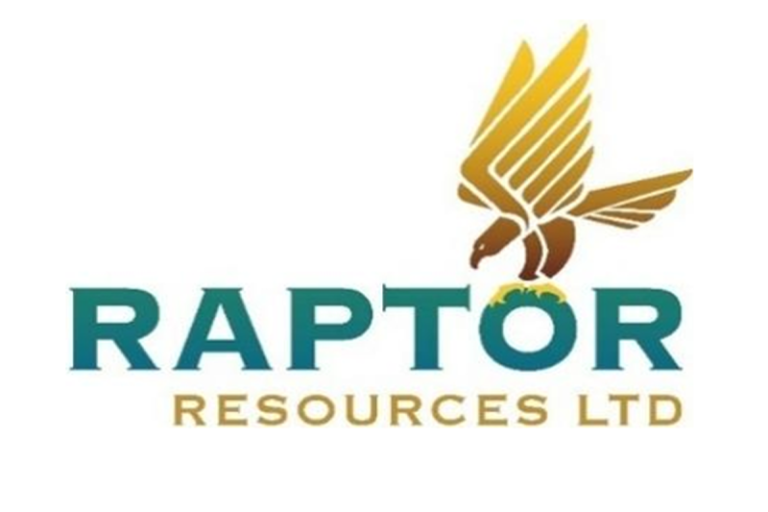
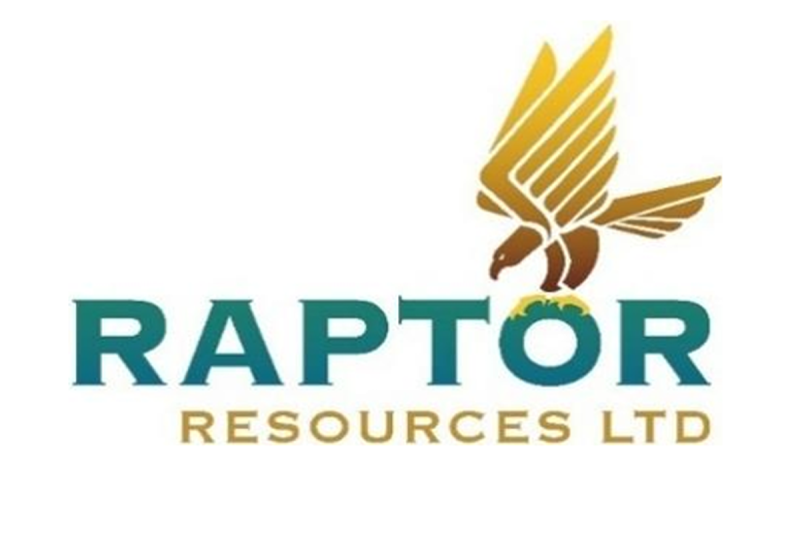
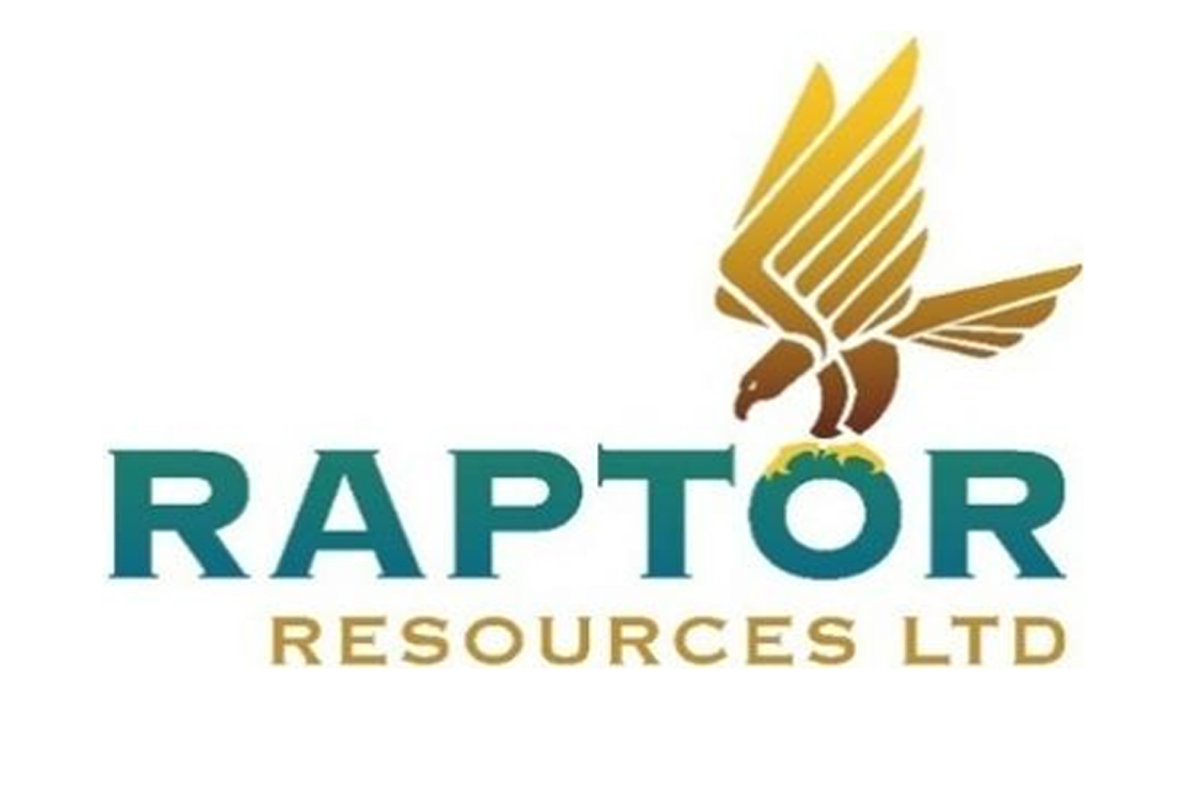


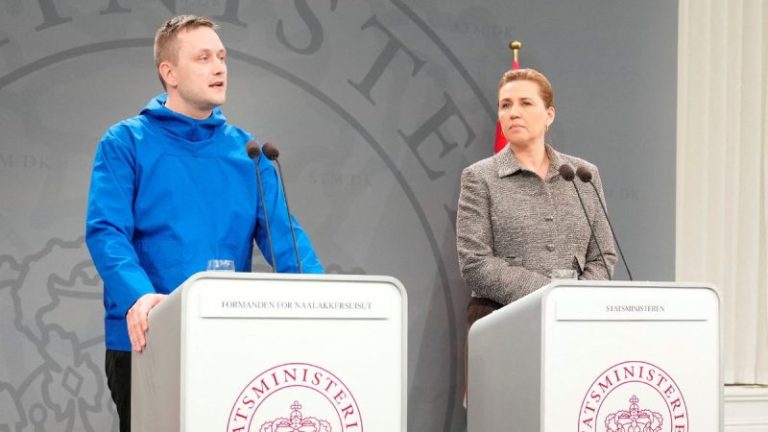
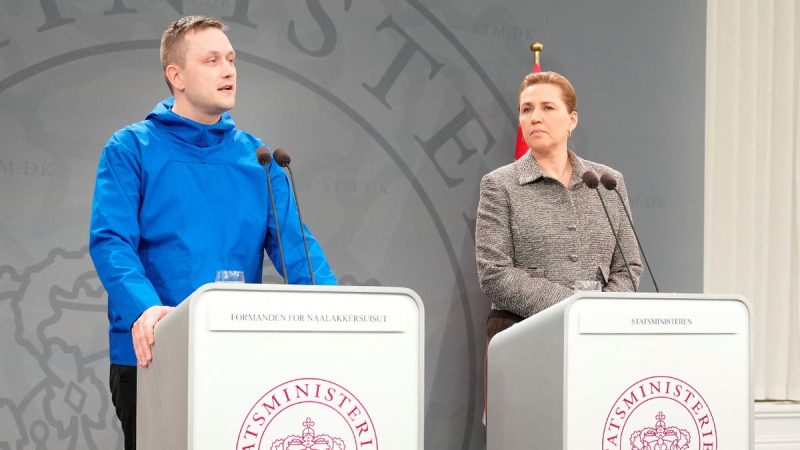













 , advanced image creation and editing tools let users create high-quality images from text, or transform existing images, using generative models from OpenAI. 12 On-device AI models enable Super Resolution to upscale images while keeping them sharp and detailed, and Auto Crop provides intelligent crop suggestions, helping users find eye-catching compositions for photos.
, advanced image creation and editing tools let users create high-quality images from text, or transform existing images, using generative models from OpenAI. 12 On-device AI models enable Super Resolution to upscale images while keeping them sharp and detailed, and Auto Crop provides intelligent crop suggestions, helping users find eye-catching compositions for photos.